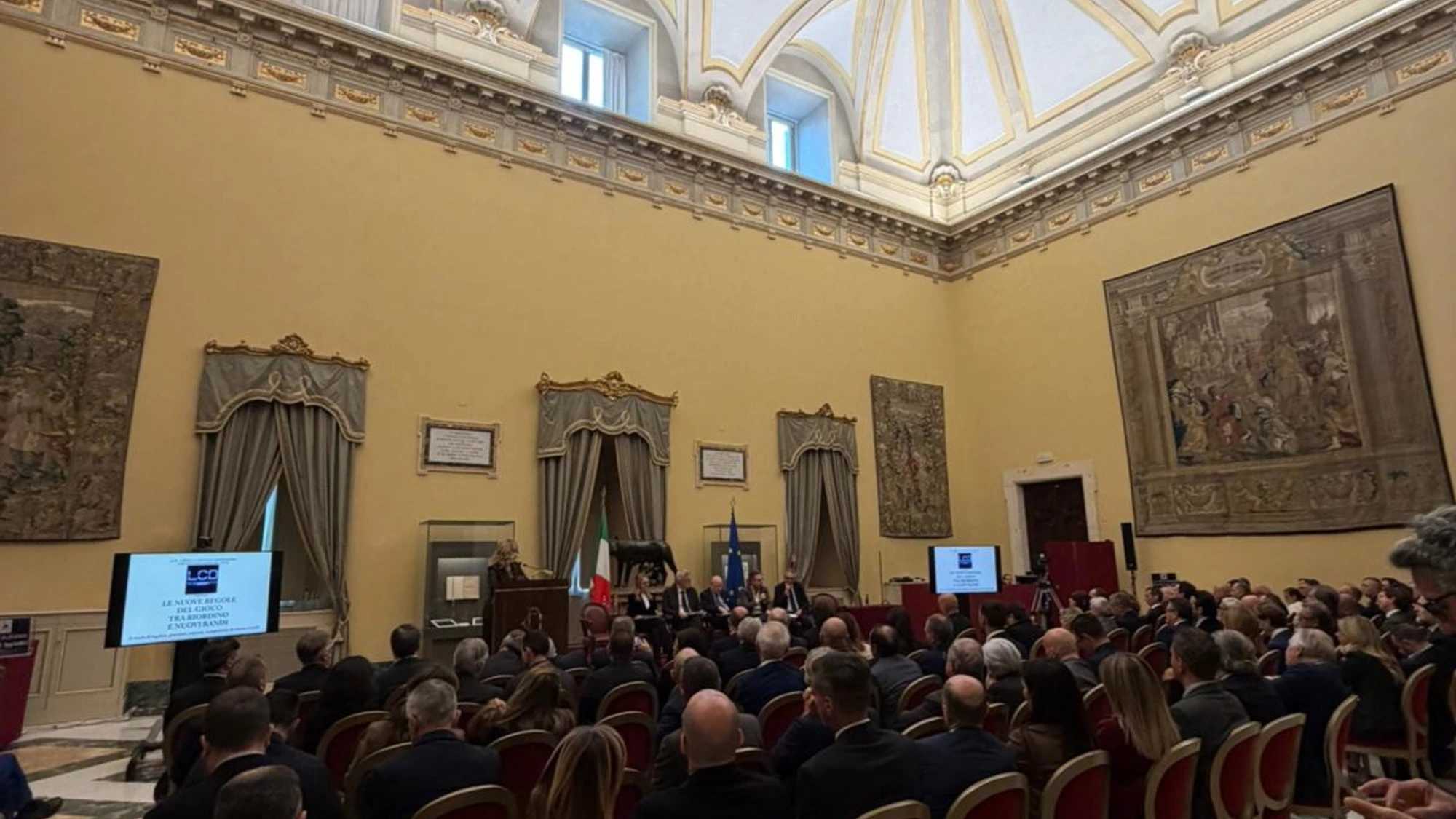- Biologic medicines have revolutionized the treatment of many chronic illnesses and less expensive versions of these important medicines are becoming available. However, because biologics are made using living cells, no two products from different manufacturers will be the same. Distinguishable names for biologics made by different manufacturers enable doctors to prescribe, pharmacists to dispense and regulators to track biologics with specificity. According to the newly released paper, regulators, physicians, and patients are supportive of international harmonization of biologic names and are calling on the WHO to implement the proposed naming system so that it is available for regulators to use. The paper is based on a roundtable discussion on international harmonization of biologic nomenclature held April 11th in Washington DC. Participants included representatives from the U.S. FDA and Health Canada, major physician and pharmacist societies, and patient advocates. The forum was sponsored by the Alliance for Safe Biologic Medicines (ASBM) and Scientific American, which prepared the paper. The World Health Organization has examined biologic naming extensively. In 2014, the WHO's Expert Group responsible for medicine naming recommended the WHO implement a voluntary international standard of naming for all biologics using a "biologic qualifier" or BQ. The BQ is a four-letter suffix that would be appended to the root scientific name – the International Nonproprietary Name (INN) - assigned by WHO. Biologic medicines with a certain level of similarity would have the same INN so the BQ would distinguish each biologic by a different manufacturer, thus enabling regulators to attribute any problems to the exact product. This is important due to the very sensitive nature of biologics and the risk of an unwanted immune response by patients. Despite wide support for the BQ proposal outside of WHO as well - regulators support it by a 2-to-1 margin as do large majorities of surveyed physicians in the US (66%) and Canada (68%) Australia (79%) and in Latin America (94%) – WHO has not yet implemented the system its expert committee recommended. In the absence of action by WHO, regulators around the world have begun to act independently. The FDA implemented its own BQ-like naming system in 2015, and Japan has adopted a different distinct suffix system. Canada is looking for global harmonization but considering a regional approach as an alternative. If not reconciled soon, the divergent naming practices could make prescribing, dispensing and tracking difficult in a global economy and impede access to these life-saving medicines. "A regulator's job is not confined to the corners of their geography," says Anthony Ridgway, acting director of the Centre for Evaluation of Radiopharmaceutical and Biotherapeutics at Health Canada, who participated in the forum. Continued lack of clarity globally makes identification and association of adverse reactions across jurisdictions, and resolution of problems, more difficult. A harmonized international naming standard would help patients who fill prescriptions while travelling internationally, for example. The BQ's benefits might be felt most by lower- and middle- income countries without their own robust pharmacovigilance systems. "The WHO is indispensable in building a global system of pharmacovigilance for biologics," says Michael Reilly, ASBM's executive director. ASBM released the paper simultaneously at the WHO's 67th International Consultation on Nonproprietary Names, in Geneva, Switzerland; and at the 2018 Annual Meeting of the American College of Rheumatology in Chicago, IL. The paper is also available at www.safebiologics.org. CONTACT: Michael Reilly, michael@safebiologics.org, 202-222-8326





